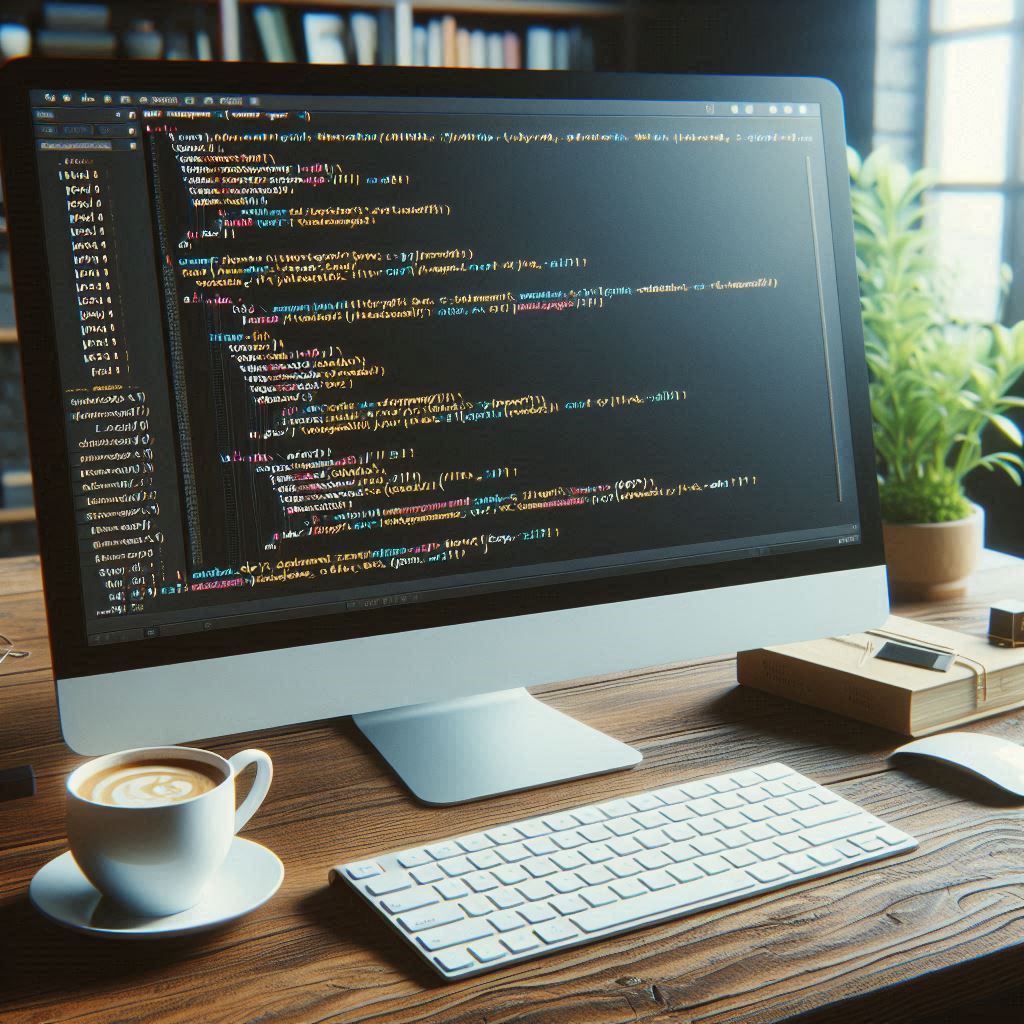
The Importance of Writing Clean Code
August 12, 2024In the fast-paced world of software development, the need for rapid delivery often overshadows the importance of clean, well-organized code. However, clean code is crucial to maintaining high software quality and ensuring ease of maintenance in the long run. Writing clean code isn’t just a matter of style; it is a disciplined approach that has profound implications for software reliability, scalability, and developer productivity.
What is Clean Code?
Clean code refers to code that is easy to understand, well-organized, and simple to modify. It follows consistent naming conventions, avoids unnecessary complexity, and is well-commented where necessary. Clean code should be self-explanatory, meaning another developer—or even the original developer revisiting it after some time—can easily understand its purpose and functionality.
Why Clean Code Matters
- Readability and Comprehension: Code that is easy to read reduces the cognitive load on developers. When you write clean code, you're making it easier for yourself and others to understand what the code does, which is crucial when working in teams or when the codebase is large and complex.
- Ease of Maintenance: Clean code simplifies the process of debugging, updating, and extending the software. When code is clean, bugs can be identified and fixed more easily, and new features can be added without introducing unnecessary complexity. This is especially important as software systems grow and evolve over time.
- Reduced Technical Debt: Technical debt refers to the cost of additional rework caused by choosing an easy, limited solution now instead of using a better approach that might take longer. Clean code reduces technical debt by ensuring that the codebase remains maintainable and extendable, saving time and resources in the future.
- Improved Collaboration: In a team environment, clean code is essential for effective collaboration. When multiple developers work on the same codebase, clean code ensures that everyone can understand and contribute to the project without unnecessary confusion or rework.
- Enhanced Software Quality: Ultimately, clean code contributes to higher software quality. Code that is easy to read, test, and modify is less prone to errors, leading to more reliable and robust software.
Practices for Writing Clean Code
- Use Meaningful Names Variables, functions, and classes should have descriptive names that convey their purpose. Avoid using ambiguous names like `temp` or `data`. Instead, choose names that clearly describe what the code element represents, such as `userList` or `calculateTotal`.
- Keep Functions and Methods Short: A function or method should do one thing and do it well. Long functions can be hard to understand and maintain. Break down complex tasks into smaller, more manageable functions with clear and specific purposes.
- Write Comments Sparingly: While comments can be helpful, they should not be a crutch for unclear code. Strive to write self-explanatory code that doesn’t require excessive commenting. Use comments to explain the "why" behind complex logic or unusual decisions, not the "what" or "how."
- Follow Consistent Naming Conventions: Consistency in naming conventions improves readability. Decide on a naming standard (e.g., camelCase, snake_case) and stick to it throughout the codebase.
- Avoid Magic Numbers and Strings: Magic numbers and strings are literal values that appear in code without explanation. Replace them with named constants that convey their meaning, such as `MAX_USER_COUNT` instead of `100`.
- Practice DRY (Don’t Repeat Yourself): Avoid duplicating code. If the same logic is repeated in multiple places, refactor it into a single function or module. This reduces the chance of bugs and makes updates easier.
- Use Proper Indentation and Spacing: Consistent indentation and spacing make the code visually appealing and easier to read. Poor formatting can make even clean code look messy and confusing.
- Test Your Code: Writing tests forces you to think about the code from the perspective of correctness and edge cases. Automated tests can help catch issues early and ensure that changes don’t introduce new bugs.
Common Mistakes to Avoid
- Overcomplicating Code: Complex solutions are not always better. Avoid the temptation to write overly clever code that only you can understand. Simple and straightforward code is more maintainable and less error-prone.
- Neglecting Refactoring: Refactoring is the process of improving the structure of the code without changing its functionality. Regularly refactoring your code helps keep it clean and prevents the accumulation of technical debt.
- Ignoring Code Reviews: Code reviews are an essential part of maintaining code quality. Peer reviews help catch issues that you might have missed and provide opportunities for learning and improvement.
- Skipping Documentation: Even though clean code should be self-explanatory, documentation is still important, especially for public APIs or complex modules. Good documentation complements clean code by providing context and usage examples.
The Impact of Clean Code on Software Quality and Maintenance.
Clean code directly impacts the overall quality of software. It leads to fewer bugs, easier testing, and smoother updates. As the codebase grows, clean code ensures that it remains manageable, reducing the likelihood of large-scale rewrites or extensive debugging sessions. In terms of maintenance, clean code pays dividends by making it easier to onboard new developers, extend features, and adapt to changing requirements.
In summary, writing clean code is an investment in the future of your software. It may take a little extra time upfront, but the benefits in terms of readability, maintainability, and overall software quality are well worth the effort. Adopting clean coding practices will not only make your life as a developer easier but will also contribute to the long-term success of your projects.